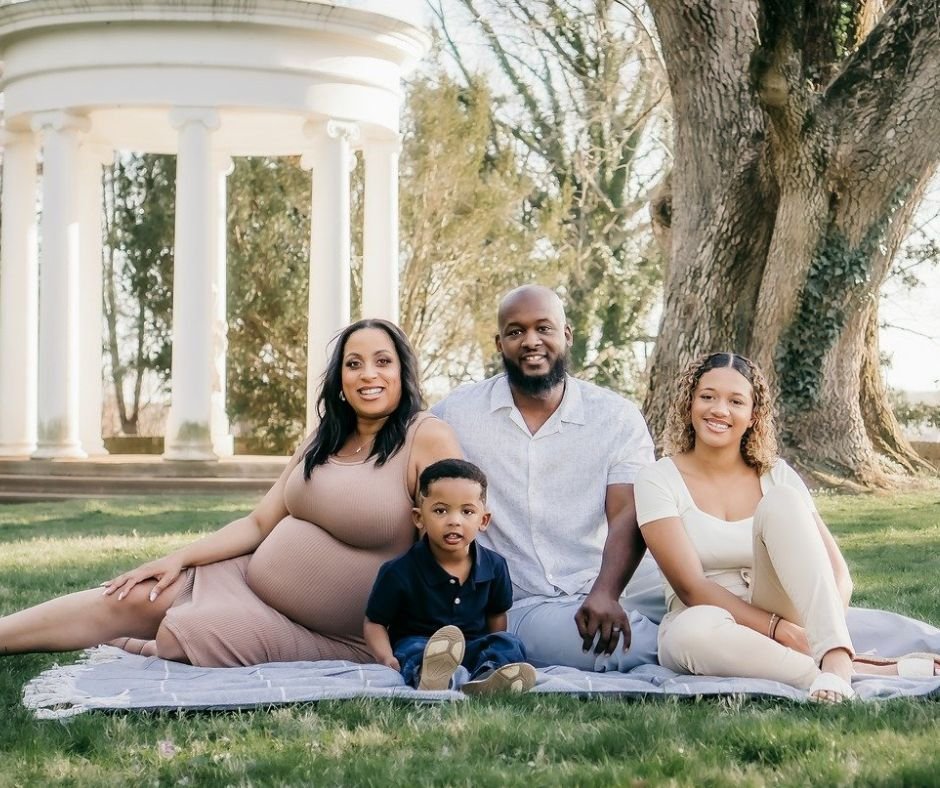Safeguard Your Life Health and Wealth for a Brighter Future
We partner with over 30 top insurance providers in the US to help you find the best policies that match your budget.

What Would Happen to Your Family If You Were No Longer Here?
When tragedy strikes, processing the loss comes first. In moments like these, insurance is often the last thing on anyone’s mind.
After the loss of a loved one, life doesn’t stop. The bills still need to be paid, the kids still need to go to school, and daily meals and new clothes remain necessities. It’s overwhelming to face all these responsibilities alone.
This is where your life insurance policy comes in. The question may arise, “Is our policy still active?” The answer is yes—because you took the important step to ensure your family’s future would be secure, even in the worst-case scenario. While no one wants to think about it, unexpected loss happens every day. Are you prepared to protect your loved ones?
What Can the Right Life Protection Plan Can Do for You?
Financial Security for Loved Ones
Provide a safety net for your family, ensuring they can maintain their standard of living by covering essential expenses like mortgage payments, daily living costs, and education, even after you’re gone.
Peace of Mind
Know that if the unexpected happens, your family will have the financial support they need. This assurance allows you to focus on living fully, with the confidence that your loved ones are protected.
Debt and Expense Coverage
Prevent your loved ones from being burdened with outstanding debts, such as medical bills, credit card balances, or funeral costs, which can be overwhelming during an already challenging time.
Hear What Our Clients Have to Say
![]()
Kristen Adams is professional, compassionate, and patient. Along with being grateful to her for helping me navigate this sensitive and complex financial issue, she helped me make sure my beautiful wife will be OK if when I’m gone.
![]()
This company was super helpful with filling me in and guiding me every step of the way in regards to the options regarding life insurance. Any and every question that I had, was answered politely and promptly and I couldn’t have asked for better service.
![]()
Had the pleasure of working with Gabrielle Kolar on getting mortgage protection Insurance. We had no clue about anything going in, and Gabrielle made sure to explain everything to me and my boyfriend without feeling overwhelmed.
Important Features
✅ Financial Protection for Loved Ones
✅ Income Replacement
✅ Tax-Free Death Benefit
✅ Cash Value Growth
✅ Loan Availability
✅ Flexibility with Riders
✅ Guaranteed Payout
✅ Conversion Option
✅ Affordable Premiums for Term Policies
✅ Peace of Mind
✅ Estate Planning Tool
✅ Living Benefits

Frequently Asked Questions
What type of life insurance should I choose: term or permanent?
The choice between term and permanent life insurance depends on your needs.
- Term life insurance provides coverage for a set period (e.g., 10, 20, or 30 years) and is generally more affordable, making it ideal for temporary needs like income replacement or covering debts.
- Permanent life insurance lasts for your entire life and includes a cash value component that can grow over time. It is suited for long-term financial planning, estate management, or building wealth. If you want lifelong protection and are interested in accumulating cash value, permanent insurance may be the right choice.
How much life insurance coverage do I need?
The amount of life insurance coverage you need depends on several factors:
- Your current income and how many years you want to replace it.
- Outstanding debts like mortgages, loans, and credit cards.
- Future expenses such as your children’s education or college costs.
- Your family’s ongoing living expenses, such as housing, utilities, and groceries. A common rule of thumb is to purchase coverage that’s 7-10 times your annual salary, but it’s best to evaluate your individual financial situation and future needs to determine the right amount.
How are premiums determined, and will they increase over time?
Life insurance premiums are determined by factors such as:
- Age: Younger people typically pay lower premiums.
- Health: Medical history and current health status play a significant role.
- Lifestyle: Smoking, dangerous hobbies, and occupation may increase premiums.
- Type of policy: Term insurance premiums are usually fixed for the term duration, while permanent insurance premiums can vary based on policy structure. In most term policies, premiums remain the same for the length of the term. For permanent policies, premiums may stay level or vary depending on the specific policy type.
What happens if I miss a payment or can’t afford my premiums?
If you miss a payment:
- Term insurance: Your coverage may lapse after a grace period, typically 30 days, causing you to lose your protection.
- Permanent insurance: You may be able to use your policy’s cash value to cover premiums temporarily, but if the cash value is depleted, the policy could lapse. Some policies offer a waiver of premium rider, which allows you to skip payments in certain cases, such as disability. If you are facing long-term financial hardship, you should contact your insurer to discuss payment options or reducing coverage to lower premiums.
Can I access the cash value of my life insurance policy while I'm still alive?
Yes, if you have a permanent life insurance policy, you can access the cash value in several ways:
- Policy loans: You can borrow against the cash value at favorable rates. These loans must be repaid with interest, or they will reduce the death benefit.
- Withdrawals: You can withdraw from the cash value, though this may also decrease the death benefit.
- Surrendering the policy: If you cancel the policy, you receive the surrender value, which is the cash value minus any fees. Keep in mind, accessing the cash value can impact the financial protection for your beneficiaries.
Who receives the death benefit, and is it taxable?
The death benefit is paid to the beneficiaries you designate when the policy is purchased. You can change beneficiaries at any time by updating your policy.
In most cases, the death benefit is tax-free to your beneficiaries, meaning they will receive the full amount without owing federal income taxes. However, exceptions may apply in certain situations, such as when the policy is part of a taxable estate or if it is paid out over time and generates interest. Consult a tax advisor to understand the implications for your specific situation.
